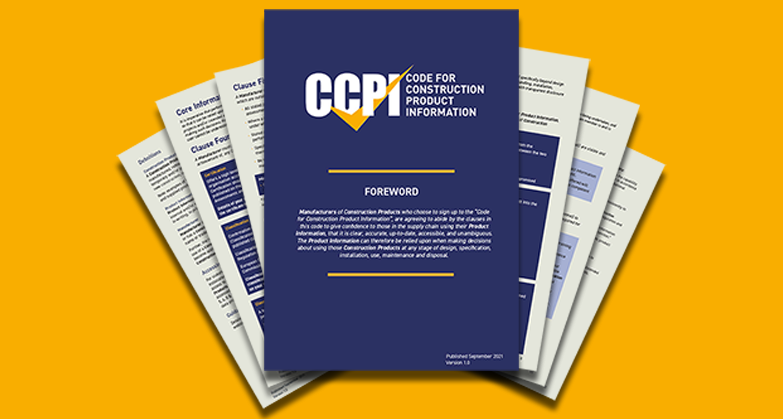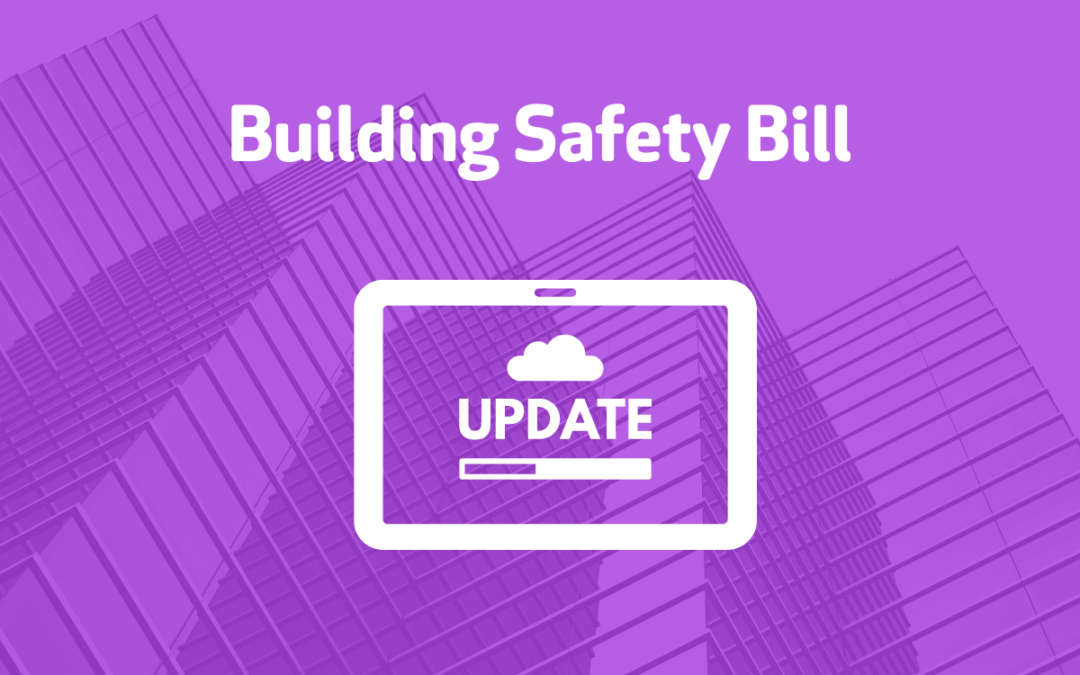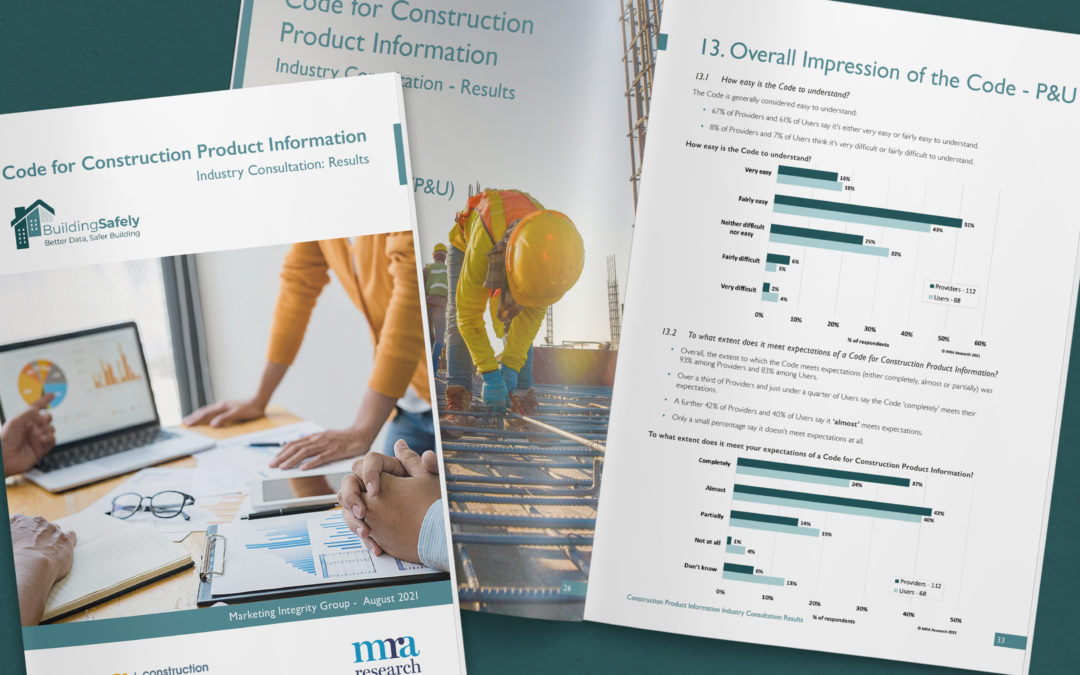The Code for Construction Product Information (CCPI), Code guidance and a manufacturer information pack have been launched today to drive higher standards in the presentation of construction product information in the manufacturing industry.
The Code has been developed as a direct response to Dame Judith Hackitt’s independent review of Building Regulations and Fire Safety in the wake of the Grenfell Tower disaster. The Code promotes urgent positive culture and behaviour change in the approach and management of product information by the construction product manufacturing industry.
The Code offers manufacturers the opportunity to demonstrate a progressive approach through their willingness to provide assurance for their product information, and recognition for their efforts to prioritise product safety.
It aims to ensure that disingenuous marketing practices and the provision of misleading product information becomes a thing of the past, so that those using products in the construction and maintenance of buildings – including specifiers, architects, consultants and contractors, as well as the ultimate end users of the building – can trust the information provided by manufacturers when making design decisions, installing and using and maintaining verified products.
A robust eleven point code published
The Code – developed by the Construction Products Association’s Marketing Integrity Group following industry-wide consultation – has been built on the principle that product information must be Clear, Accurate, Up-to-date, Accessible and Unambiguous. The Code has eleven clauses covering critical aspects from responsibility for product information to transparency of information regarding performance, proof of stated claims and general information and competency.
An independent and robust validation process is being put in place to underpin the Code that will rebuild trust in the provision and management of product information by all stakeholders, setting the market for UK construction products ahead of others.
Support for manufacturers preparing for the verification process
Alongside Code guidance, a ‘Preparing for the Code’ information pack has been published today to help manufacturers gain an understanding of the Code and prepare for the verification journey.
Registration for verification will open towards the end of 2021, supported by detailed guidance. Organisations can register their interest now to receive updates ahead of the launch of verification.
Independently managed Code and verification
Management of the published Code and its verification has been formally handed over from the Construction Products Association to Construction Product Information Ltd (CPI Ltd) – a not-for-profit organisation with independent governance and management being set-up to administer the CCPI by the Considerate Constructors Scheme.
Amanda Long, Chief Executive of the Considerate Constructors Scheme and Construction Product Information Ltd, said:
“The Code should be a priority for all involved with construction product manufacturing. By focusing on culture, leadership and ethics the Code for Construction Product Information will build trust and is a progressive step towards ensuring that building safety is a priority for those responsible for the provision of construction product information.”
Enabling responsible manufacturers to assure their product information and be recognised for their efforts, the Code will support urgent and positive culture and behaviour change in the industry ahead of regulation.”
Click here to download the Code for Construction Product Information (CCPI)
Click here to download the ‘Preparing for the Code’ information pack





